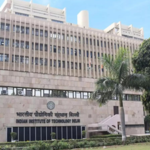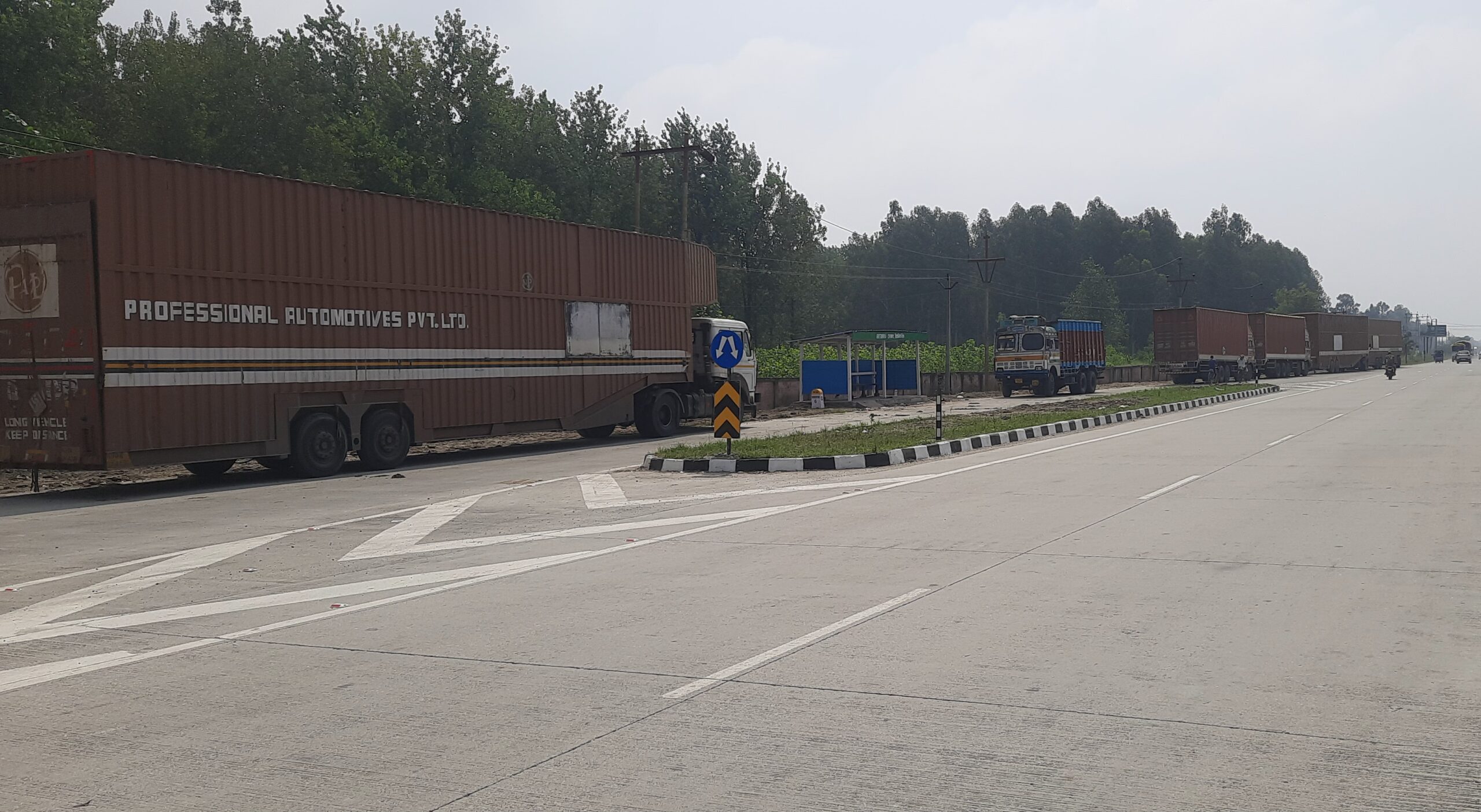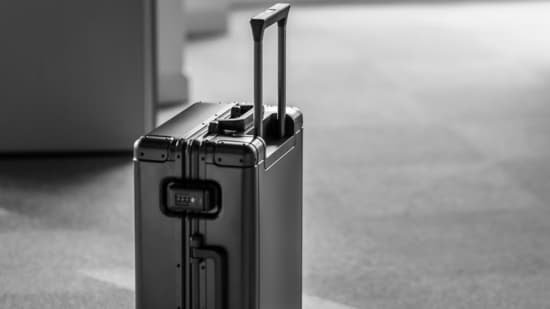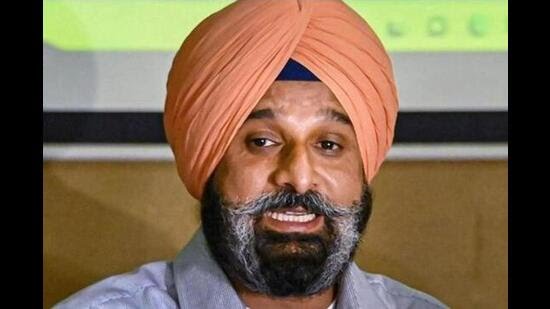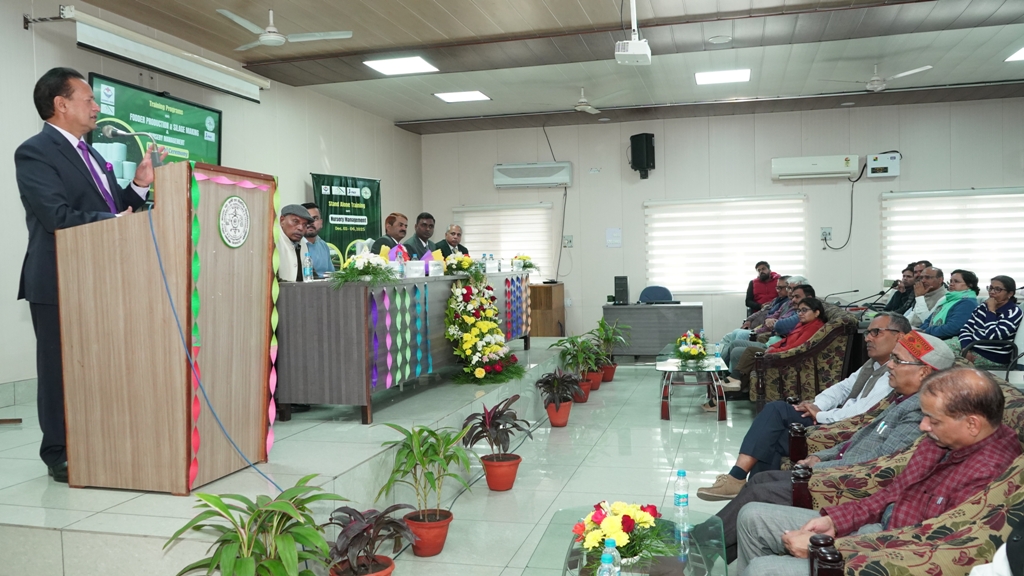Himalaya Harbinger, Rudrapur Bureau.
The Rudrapur Municipal Corporation’s goal of transforming the city into a cleaner and greener hub is facing significant setbacks as the city battles a growing waste management crisis. Despite spending Rs 4.5 crore to remove a massive garbage pile from the Mohalla Paharganj area, new dumping sites have appeared across the city, raising serious environmental and health concerns.
For years, Paharganj, located along the Kichha Highway, served as the city’s primary dumping ground. The accumulated waste caused a constant stench and frequent accidents due to garbage spilling onto the highway. This issue became a major talking point in local civic and assembly elections, with residents demanding a lasting solution.
In Dec 2022, after the mayor’s term ended, the district magistrate (DM) took over as the Municipal Corporation’s administrator. Under the DM’s direction, the Paharganj waste removal was completed in three months. However, concerns were raised when it was discovered that the garbage had simply been moved to an empty plot behind Bharat Heavy Electricals Limited (BHEL) on the Kichha bypass, sparking questions about the transparency and effectiveness of the operation.
However, concerns were raised when it became evident that the garbage was merely relocated to an empty plot behind Bharat Heavy Electricals Limited (BHEL) on the Kichha bypass. This move sparked questions about the transparency and effectiveness of the cleanup operation.
“We removed nearly one lakh tons of waste from Paharganj at a cost of Rs 4 to 4.5 crore,” said RMC Commissioner Naresh Chandra Durgapal. However, while the Paharganj site was cleared, the city now faces the rise of illegal dumping zones in areas such as Awas Vikas, Kalyani View, and Bhadaipura. Residents are complaining of foul smells and blocked drains, which have increased the risk of infectious diseases. “We pay user fees, but the services we receive are subpar,” said Santosh Chandra Joshi, a resident of Balajipuram Colony.
Adding to the city’s waste woes, faulty machinery has worsened the situation. A machine designed to convert garbage into organic fertiliser malfunctioned soon after its installation, and a compactor for separating plastic from solid waste has been out of order for months. Additionally, a Rs 9 crore compost biogas plant, with a capacity to process 500 metric tons of waste per day, has been rendered ineffective due to improper waste segregation by residents.
Rudrapur produces 120 tons of garbage daily, but with only 93 garbage collection vehicles, the RMC is struggling to manage the growing waste problem. Residents report irregular waste collection, forcing them to dump garbage in open spaces, exacerbating the issue. “The garbage vehicle only comes once or twice a week, and often after 10am, so people are left with no choice but to dump waste in empty plots or drains,” said Sunil Yadav of Gandhi Colony.
Despite efforts to raise awareness about waste segregation, many residents continue to dispose of waste improperly. “People are not segregating wet and dry waste. Fines should be imposed on those who dump garbage recklessly,” said Noorie Khurana from Main Market.
The city’s waste management system is also hampered by a shortage of sanitation workers, with just 127 permanent and 200 contractual staff members available to serve Rudrapur’s 40 wards. “Considering the size and population of the city, we need more manpower to manage waste collection effectively,” a senior RMC official said.
Sanjay Juneja, president of the city traders’ union, stressed the urgent need for the RMC to overhaul its waste management system. “Without increased manpower, functional equipment, and stricter regulations, Rudrapur’s dream of becoming a clean city will remain unattainable,” he said.



